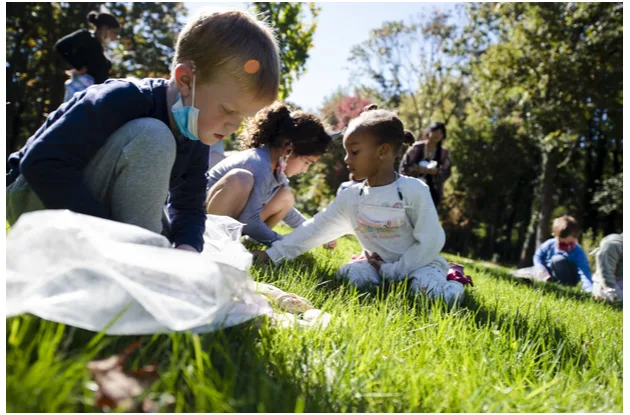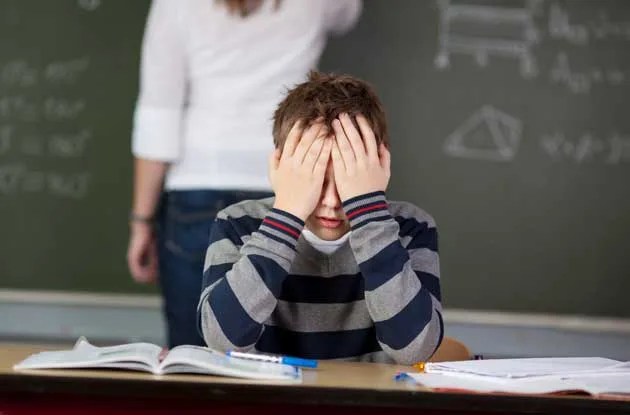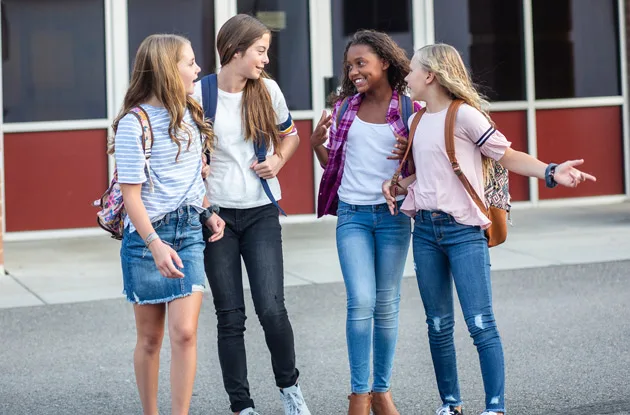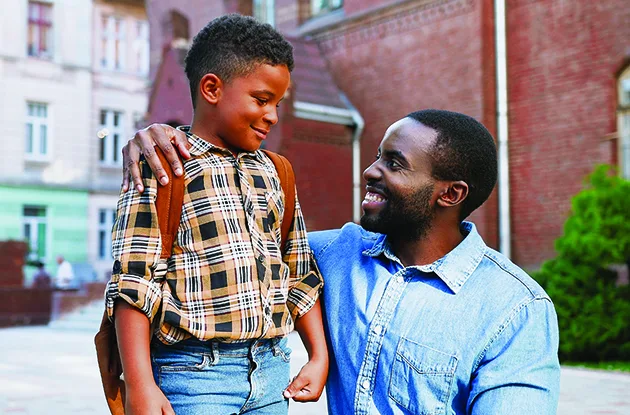Transitioning from the lazy days of summer to a new grade or school can be a tough task for kids and parents alike. While summer is a carefree time, you don’t want your kids to lose all the knowledge they’ve gained throughout the school year, nor do you want them to have difficulty getting back into a routine.
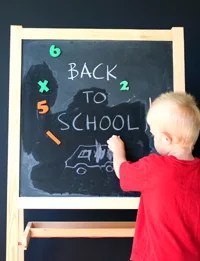
For this reason, Vielka McFarlane, educator and founder of Los Angeles’ Celerity Educational Group, encourages parents to stimulate their children’s minds and keep an active lifestyle throughout the summer in order to ease the transition into the new school year. Below are five ways to do so.
Sharpen Their Skills
“You have to provide them with choices and opportunities to expand on the classroom knowledge they gained during the year,” explains McFarlane, “keeping their minds active with strategic games like chess or cards, building activities, cooking, and arts and crafts. While chess is a game that employs strategy and logical thinking, cooking and art can utilize both math and the sciences. When measuring ingredients in recipes, you can review basic addition and multiplication facts, as well as fractions. You can even discuss basic chemistry principals such as mixtures and solutions. With arts and crafts, younger children can benefit by sharpening their motor skills and reviewing shapes and patterns, while older children can learn about and apply their knowledge of geometry. Apart from the tried-and-true Scrabble, there is a whole host of academically oriented games available at most toy and book stores. There are also several fun and challenging computer games for children of all ages that are geared towards learning. Remember, however, that the time spent with your child involved in an interactive activity like cooking or playing is invaluable to both of you.
Stay Social
McFarlane reminds parents, “Whether you’re at the beach, or playing in your yard or the local pool, make sure children remain social among their peers.” This will allow children to sharpen their social skills, such as sharing and manners. Group activities can also build concentration and teamwork. Children are adept at learning the boundaries of social behavior through free play. It is, of course, important to monitor their play, but try not to intervene in disputes unless absolutely necessary. Children will learn much more about self-esteem and self-discipline if they are left to handle minor adversities on their own, and they will be able to carry their self-confidence back onto the schoolyard.
Take Educational Trips
Whether it’s an interactive museum, concert, play, or the zoo, kids won’t consider this learning in the traditional sense, but will be opened to new experiences and broaden their horizons. The arts allow children to explore new avenues and cultures and may introduce them to their passion or future career. McFarlane suggests you go a step further and encourage your children to make connections between what they are experiencing and what they may have learned in school. Making connections to real-life experiences helps to flesh out and define otherwise abstract academic concepts, further cementing them in a child’s mind.
Prepare Them and Put Them at Ease
As those last few weeks of summer wind down, many children get anxious about what to expect with a new grade, classmates and teachers. “There are many ways to make this transition easier for children, such as showing them their new school, introducing them to children who will be in their class, or letting them know what their routine will include,” McFarlane says. ‘Children are very inquisitive and it helps to explain what will occur in the coming weeks.”
Keep a Routine
Towards the end of the summer, try to keep your kids on a routine or schedule that will allow them to ease their way into the first few weeks of school. This means their days should consist of regular bedtimes and meal times, letting them prepare their bodies and minds for the school day.
Summer is meant for fun. However, playtime, both structured and unstructured, can keep children in shape physically and mentally. Moreover, according to McFarlane, children who keep their minds active during the summer months will waste less time reviewing last year’s material when the new school year begins. They will be ready to delve right in to bigger and better things!


















